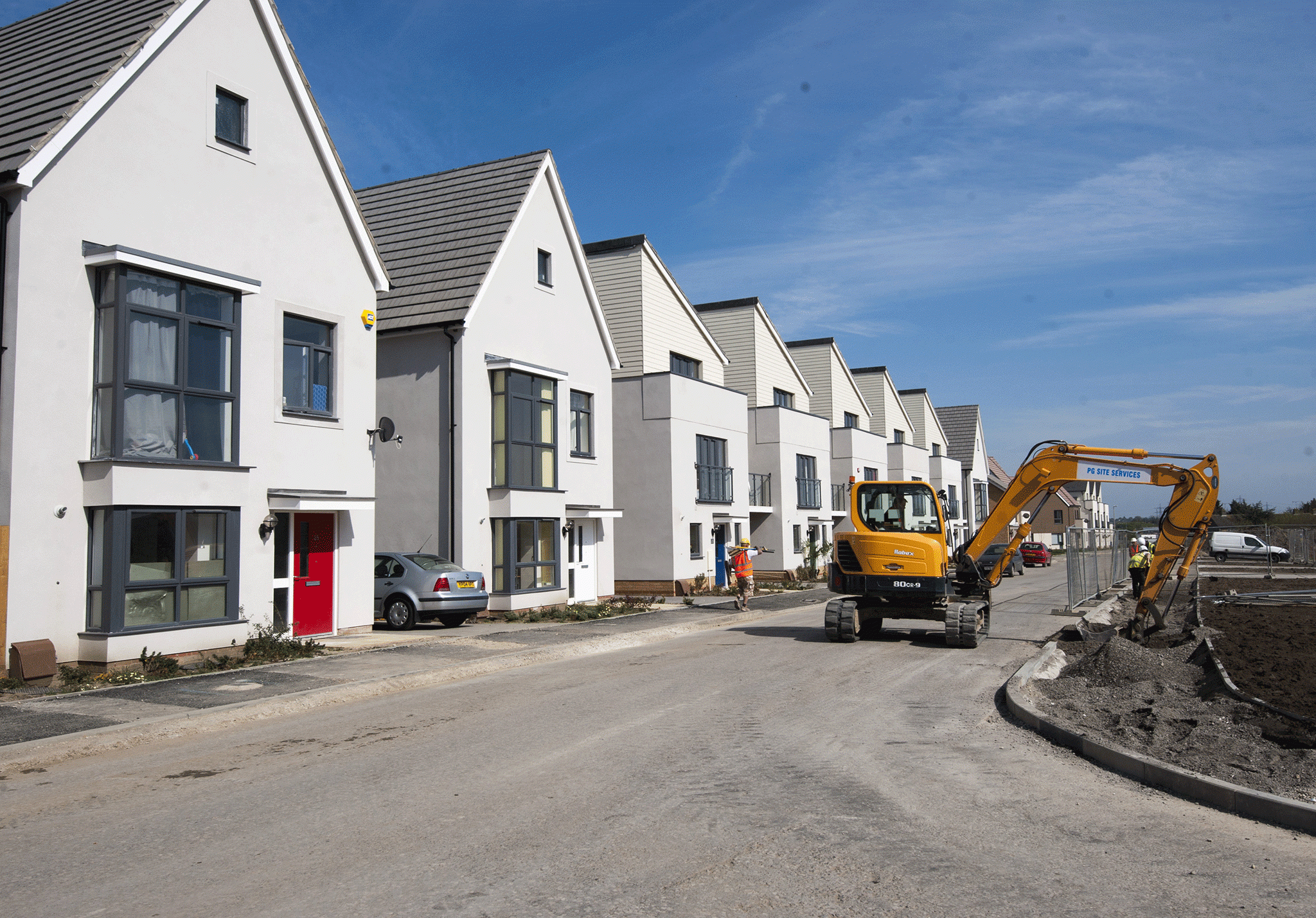Persimmon says its homes are very affordable. Does that stack up?
Putting the details of an average family into NatWest’s mortgage calculator suggests otherwise

“Buying a new-build home remains a compelling choice supported by competitive mortgage offers which continue to make a new home purchase very affordable.”
So said Persimmon Homes, on the back of its latest trading statement. An update that made the company the belle of the stock market ball. Revenues for 2016 were 8 per cent higher than in 2015 and the group completed 559 extra sales. Happy days for its investors.
But let’s take a closer look at that quote. Is an average Persimmon home really “very affordable”?
Now, the company said that its average selling price increased by 4 per cent to £206,700 in 2016. To put that in perspective, the median average British wage, which has been increasing at something more like 2 per cent per annum, stands at £28,200.
To find out whether Persimmon’s average home is indeed very affordable to an average family (if there is such a thing) I created one of my own.
The Smiths have £500 each on their credit cards (after Christmas) and they spend £100 a month on loan repayments. That makes their level of debt rather modest by British standards.
John Smith works full time earning £28,200. Jane Smith works two and a half days a week and makes half that on a pro rata basis. I haven’t factored in any child care costs because we’ll assume relatives help out.
Between them, they’ve scrimped and saved enough for a 10 per cent deposit which comes to £20,670. Feeding those details into NatWest’s handy mortgage calculator, I was told that they could borrow a maximum of £169,200.
If Jenny Smith were to work three days a week, earning £16,920, that gets us to £180,400. That’s still just under £6,000 below what it would take to make Persimmon’s average home barely, and not very, affordable.
It looks like Jane Smith will either have to take on more hours, or the family will have to save a bit more and hope that their savings catch up with the rise in average house prices. Perhaps they’ll get lucky and find a lender willing risk the wrath of its regulators to play ball with them. I’m sure Persimmon will be only too happy to point them in the right direction.
In the meantime, I’ve decided to re-write that quote to more accurately reflect the situation affecting people trying to get on to the housing ladder. Here’s what I came up with: “Buying a new-build home remains a compelling choice supported by competitive mortgage offers which continue to make a new home purchase just about affordable. If people cut a bit here, save a bit there, and make lots and lots of sacrifices in an over-heated property market, they should pop along to our sales office for a chat.”
Of course, that doesn’t look so good atop your barnstorming trading statement touting a 4 per cent rise in average selling prices, which the city just loves and the non executive directors on the remuneration committee are sure to take note of when it comes to calculating executive bonuses and long term share awards. Things that make buying not just one but ten or twenty new Persimmon homes very affordable to rent out to people who aren’t in quite as fortunate a position as my average family and are facing life as near permanent tenants.
Don’t you just love modern Britain?
Join our commenting forum
Join thought-provoking conversations, follow other Independent readers and see their replies
Comments
Bookmark popover
Removed from bookmarks